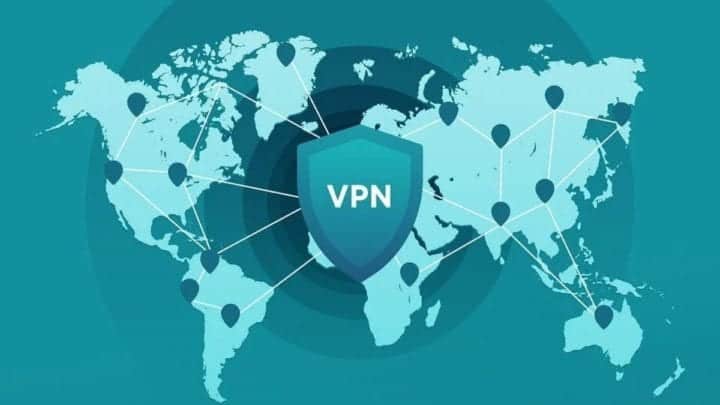The Secret Society Mobile Game App
I am an avid gamer and so is the rest of my family. I love games that I can quickly access on my phone and pretty much play any time I want. The Secret...
Ah, the age-old question. Pretty much everyone wants to use a VPN nowadays, but they don’t all agree with the pricing. So this is the next logical step – wondering why all VPNs aren’t free. Unfortunately, there aren’t many online articles talking about this and the benefits of VPNs. And it’s not like you can ask the providers themselves. Well, you can, but the support reps will probably be taken by surprise. They’re likely not trained to deal with these kinds of questions. We hope that you find this Why Aren’t All VPNs Free? post valuable.

So we decided to take matters into our own hands. We’ll tell you exactly what stops VPNs from making their services free. Also, we’ll share one special tip with you that should help you get some decent discounts.
It’s the same answer you’d get from any business, really – because it’s not a sustainable business model. If VPN providers were to do that, they wouldn’t last very long on the market. And we’re talking about them offering all their services for free – not just a free plan that’s backed by legitimate paid plans.
How could the provider survive if they wouldn’t make any money? Not many people talk about this, but running a VPN isn’t cheap. Providers have to deal with tons of costs – here are just a few examples:
Those are just some things we could think of. There are probably many other expenses, so if you know any, please let us know in the comments.
Their prices aren’t as steep as some people make them out to be. Still, if you pick monthly plans, you can expect to pay anywhere around $10 to $13 per month. In the long run, that amounts to a pretty big yearly sum (anywhere between $120 and a little over $150). With long-term plans, things get better, though. On average, you can expect to pay around $5 per month (so $60 per year). That’s still pretty steep for some people, however. Well, that’s where our special tip comes into play – Black Friday deals!
Some VPNs claim to be completely free. So if they can do that, why can’t others? It’s simple – because those VPNs come with a catch (or more, actually). Here’s what we mean:
Unlike paid VPNs, you often have to put up with bandwidth caps when using a free service. That means you need to keep an eye on how much data you’re using so that you don’t go over the monthly limit. So no careless Netflix binging for you! Also, free VPNs don’t offer reliable support. You shouldn’t expect live chat and 24/7 availability. How could they afford it, after all? Plus, we have seen countless people complaining on Reddit about using a free VPN and never getting a response from support reps.
Free VPNs have a way to make money – they log your data and sell it to advertisers. It kind of defeats the purpose of using a VPN in the first place, right? Some of them might even go as far as selling your bandwidth to third parties if they operate on a peer-to-peer model. If you’re not sure what that means for you, think of it this way – your bandwidth could end up being part of large-scale DDoS attacks!
Some free VPNs can expose you to malware – either through malicious code or ads. This seems to happen more on Android than any other operating system. Nevertheless, you should never gamble with your data. The last thing you want is some hacker getting their greasy hands on your login credentials, credit card numbers, and any personal information they can use to commit identity theft.
There’s no way for a VPN to only run on a free business model. It’d go bankrupt pretty fast since VPNs come with pretty big expenses. That doesn’t mean you have to settle for expensive VPNs, though. You can save lots of money by picking long-term plans or taking advantage of VPN deals (like the ones this Black Friday). We hope that you find this Why Aren’t All VPNs Free? post valuable. Good luck!